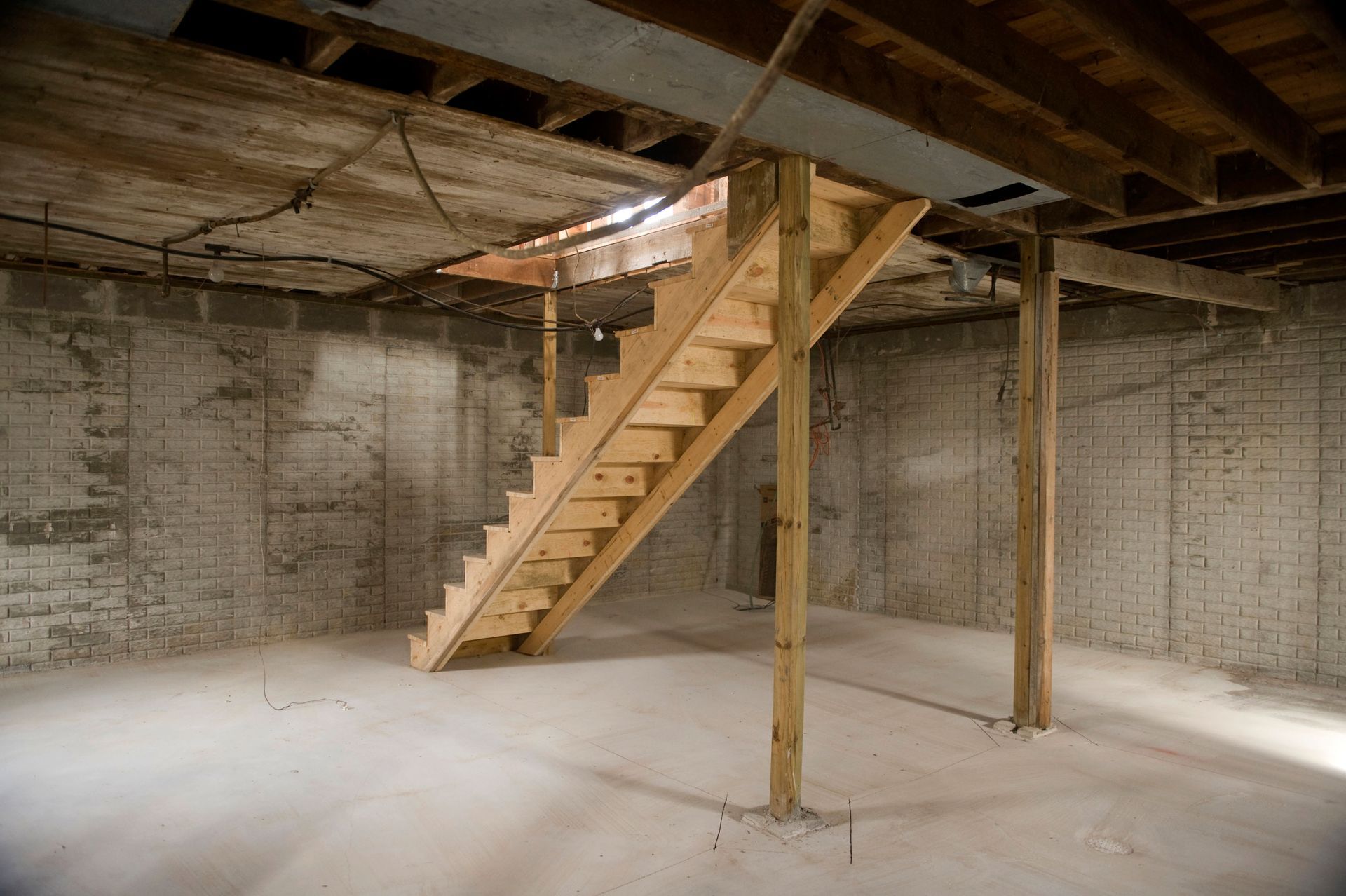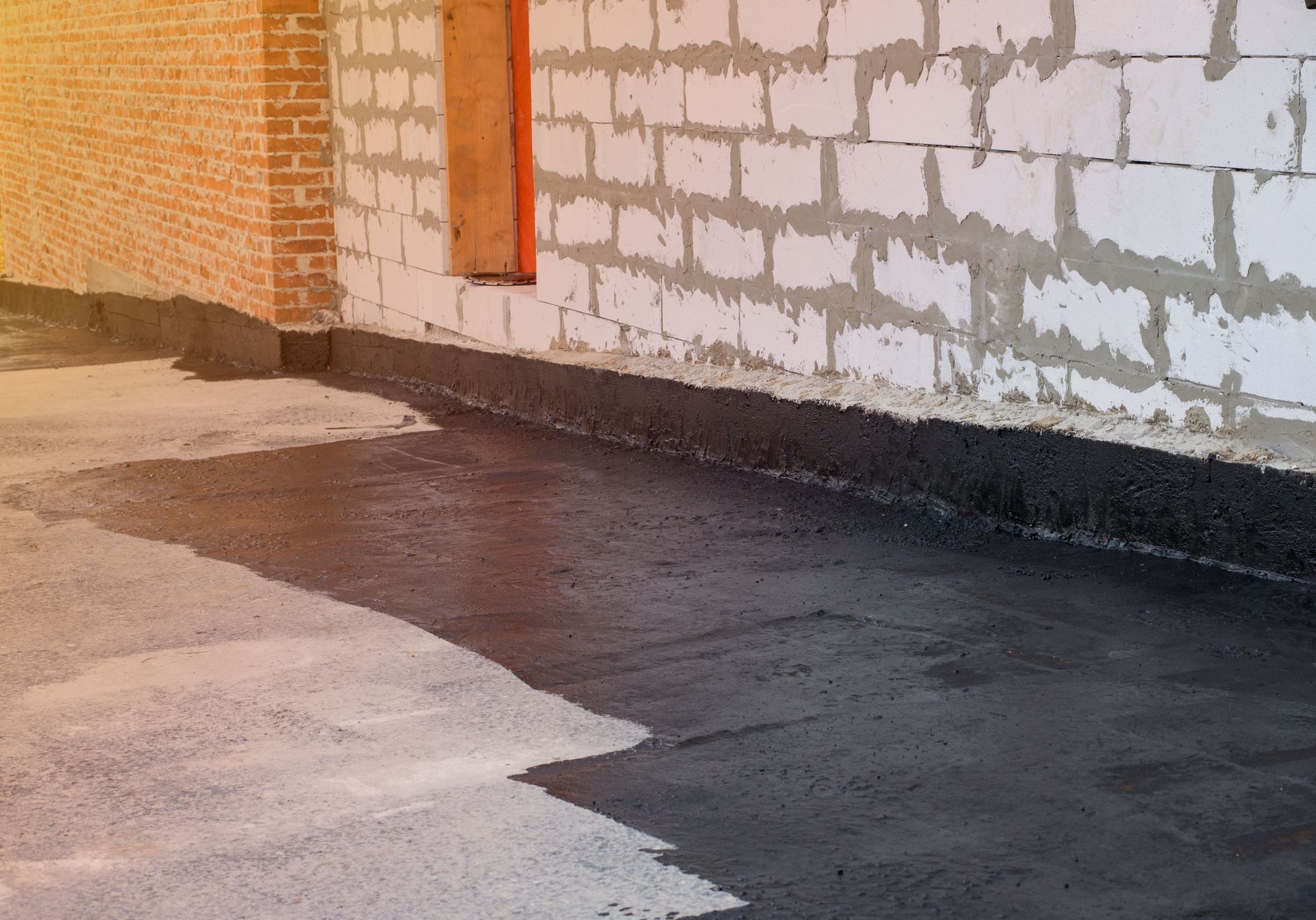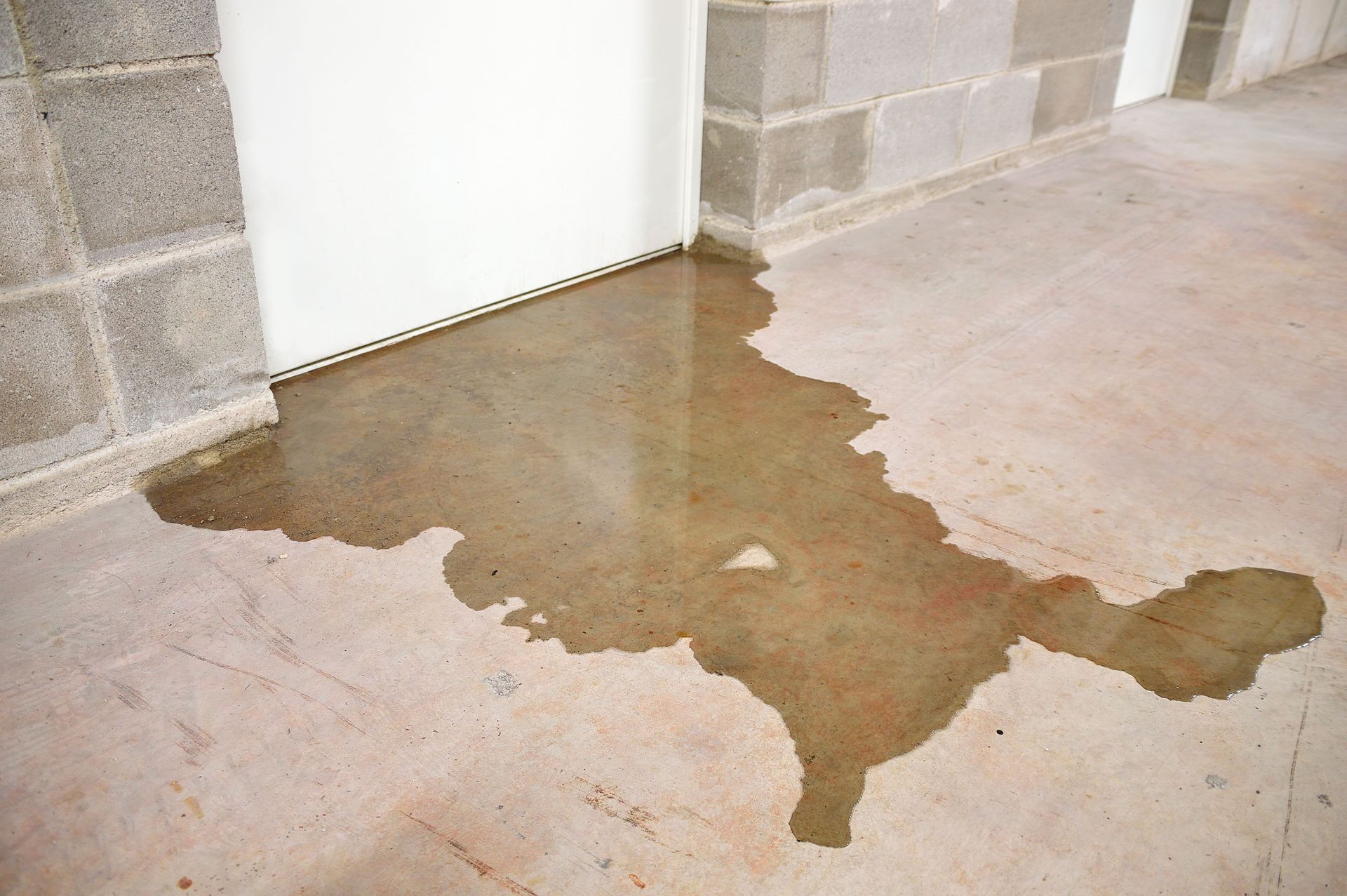June 16, 2025
Ensuring that your basement is waterproofed is a critical component of maintaining your home's integrity and can be a significant investment. Basement waterproofing can prevent water damage, mold growth, and other issues that could compromise the safety and value of your property. According to This Old House, about 60% of basements in the US experience issues with moisture and may require a basement waterproofing service. However, the cost of this essential service can vary widely depending on several factors. Understanding these factors can help homeowners make informed decisions and budget effectively for a basement waterproofing service.
Extent of Water Damage
The current state of your basement plays a significant role in determining the cost of basement waterproofing service. If there is already extensive water damage, such as mold or structural degradation, more comprehensive repairs may be needed before waterproofing can take place. This might involve additional expenses such as mold remediation or structural repair work, significantly increasing the overall cost. Evaluating and addressing existing damage early can help manage these costs.
Size and Layout of the Basement
The size and layout of your basement are critical factors in the cost equation of waterproofing. Larger basements naturally require more materials and labor, which can drive up costs. Complex layouts with more walls, corners, and varying ceiling heights may require more intricate workmanship, translating to more hours on the job and a higher price tag. Accurately measuring and understanding your basement's layout can help in obtaining a realistic estimate from contractors.
Choice of Waterproofing Method
There are several methods to waterproof a basement, each varying in cost and complexity. Some common techniques include interior pressure relief systems, exterior waterproofing, and drainage systems. Interior methods might be more affordable upfront, but may not address all underlying issues. Exterior solutions, while more costly, may offer a more long-term fix for some basement moisture issues.
Cost of Labor and Permitting
Labor costs can vary significantly by region, affecting the overall expenditure for basement waterproofing. Areas with higher living costs usually have correspondingly higher labor fees, affecting the price of contracting professionals. Additionally, some localities may require permits for waterproofing work, which can come with their own fees. Checking local regulations and labor costs can provide a clearer picture of the expected expenses.
Reputation and Experience of Chosen Contractor
Hiring a basement waterproofing service provider with ample experience and a positive reputation can influence both cost and quality of the work done. Highly reputable contractors might charge a premium for their services, reflecting their expertise and reliability. While it may be tempting to opt for cheaper alternatives, ensuring that you hire a professional with proven experience can save money in the long run by avoiding shoddy repairs and subsequent issues. It is worthwhile to research and consult reviews or references before committing to a basement waterproofing company.
Condition of Soil and Foundation Type
The type of soil surrounding your home and the design of your foundation can greatly impact the cost of basement waterproofing. Certain soil types, such as clay, retain water and put more pressure on basement walls, increasing the risk of leaks and requiring more robust waterproofing solutions. Sandy or well-drained soils may pose fewer issues, potentially lowering costs. Additionally, different foundation types—such as poured concrete, concrete block, or stone—present varying challenges and may require different waterproofing approaches, each with its own cost implications. Understanding your home’s specific soil and foundation conditions can help guide more accurate project planning and budgeting.
State of Current Drainage System
The state of your existing drainage system, including gutters, downspouts, and sump pumps, also influences waterproofing costs. If these components are damaged, clogged, or improperly installed, they may need to be repaired or replaced to ensure effective waterproofing. Upgrading to a more efficient drainage system can be an added expense, but it is often essential for long-term protection. A thorough inspection of your drainage infrastructure can help identify necessary upgrades that contribute to the overall waterproofing strategy and cost.
The cost of basement waterproofing is not a one-size-fits-all scenario. Multiple factors, including the extent of water damage, basement size, choice of waterproofing method, local labor costs, and contractor reputation, all play vital roles in shaping the final price. By understanding these factors, homeowners can better prepare for and manage the costs associated with waterproofing. When you need a reliable basement waterproofing service provider, turn to DryTech Basement Waterproofing. Reach out to our team today to learn more about our services!




